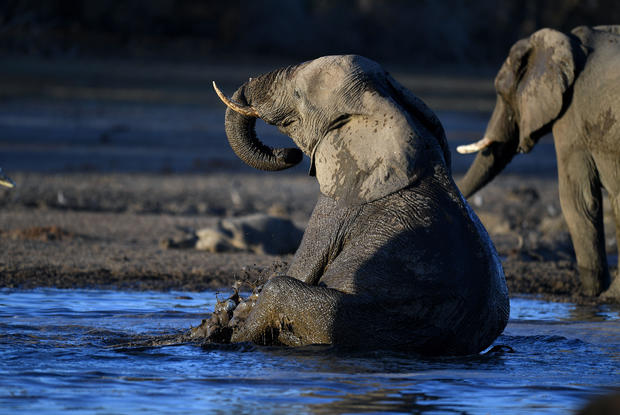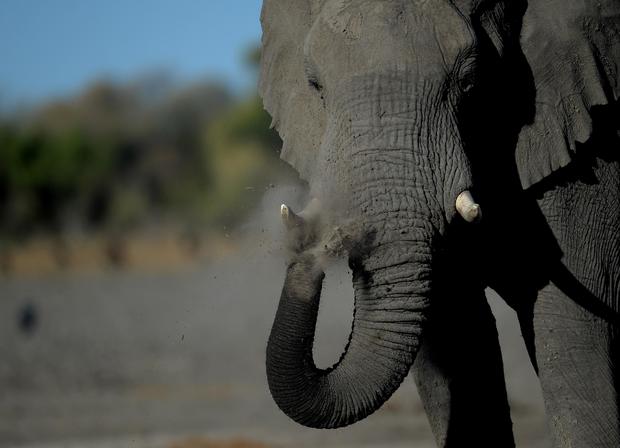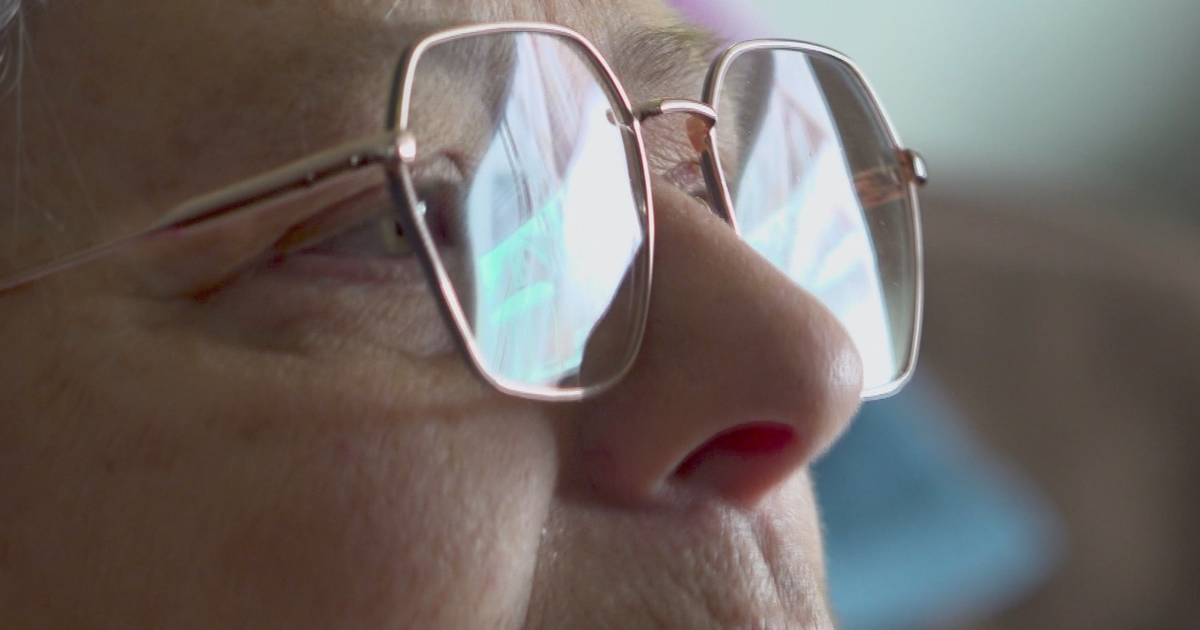Botswana holds auctions for elephant hunting licenses after lifting ban
Botswana held elephant hunting auctions on Friday after lifting the ban on hunting the animals last year. Audrey Delsink, wildlife director for Humane Society International/Africa, told CBS News "the issue is bigger than the fact that it's just hunting licenses that are being auctioned."
Reuters reported the Botswanan government-issued seven hunting licenses of 10 elephants each across seven areas that have been impacted by "human-wildlife conflict." Bidders, who had to be registered with companies in Botswana, were also expected to pay a refundable deposit of $18,000 each.
Delsink revealed to CBS News the auction on Friday raised $2.1 million — or about $39,000 per elephant — and the money will go directly to the government. However, she said it's not "transparent" how the funds will help people affected by encounters with elephants.
"There's a lot of uncertainty as to how these communities going to actually benefit," she said, adding that the professional hunters who bought the licenses can sell them off for "more significant profits."
CBS News reached out to Auction It, the company running the elephant hunting auctions on behalf of the Botswanan government, but they did not immediately respond back.
Botswana is home to the world's largest population of elephants – with some 130,000 roaming the country. Botswana President Mokgweetsi Masisi reversed many laws passed by the previous administration, which banned elephant hunting. Critics of the ban believe it was causing problems for small farmers and others who benefited from hunting before the ban was imposed.
The government issued a quota for the killing of 272 elephants this year. Delsink called the quota "disingenuous."
"They're basically are using the hunting quota as a rationale for mitigating human-elephant conflict and elephant population numbers," she said.
Delsink, who is also an elephant biologist, explained the issue is much more layered. Male adult elephants or bulls are frequent targets of poaching, which is on the rise of the country, because of their large tusks. They're also likely to be at the forefront of encounters with humans and are repeat offenders, according to Delsink.
"In terms of human-wildlife conflict crop-raiding, very often it's your bulls who are responsible," she said. "Issuing a blanket quota to say, 'Okay we're going to take X amount of elephants off in this area,' first of all there's no guarantee that they will be targeting the actual problem elephants that are responsible for the damaged behavior."
Delsink cited research that found older bull elephants to be important for social well-being and maintaining order among younger bull elephants. She said one of the main functions of older elephants is to "suppress mass activity in the younger bull."
"Whether it's poacher or trophy hunter, he's going to go and select the biggest bull he possibly can," she said. "The biggest, oldest, maturest bull with the biggest tusks. So, in effect what they're doing, is they're taking out a vital component of the bull society."
When that happens, she says, the younger elephants "become juvenile delinquents and display all sorts of abnormal behavior."
Not targeting specific bull elephants destroying crops and killing those that impact bulls' social hierarchy combined with a blanket hunting quota is a "recipe for exacerbating human-wildlife conflict within those areas," Delsink said.
She wanted to stress "human life is most important," but said hunting for elephants shouldn't be the "go-to solution" since it doesn't resolve the underlying problem.





